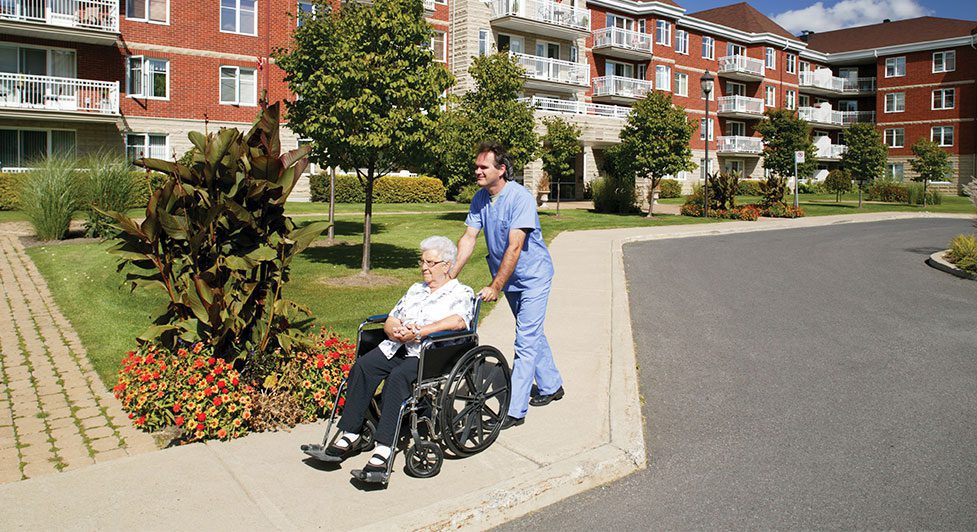Clearly, the healthcare industry is facing its most challenging period since the Great Recession of 2008, as providers face life-and-death decisions on a daily basis while still trying to run their business. One notable financial difference between now and the last economic downturn, however, is the fact that federal stimulus funds have strengthened cash flows, putting many community hospitals in a better position to pursue capital strategies to address the ongoing shift to outpatient and clinic settings.
To illuminate the themes and trends, we present a Q&A with Bill Wilson, managing director at Lument.
Question: From a lending perspective, how are community hospitals faring during the pandemic?
Wilson: The headlines for healthcare, and hospitals in particular, are certainly concerning. Without the countless hero doctors and nurses, we would probably be in an even tougher situation. However, we are hearing from our clients that they are managing okay, despite the circumstances. Some are doing better than others, of course, with the situation inherently favoring those in less urban areas that have more manageable COVID caseloads and are still receiving unprecedented Federal stimulus funds.
Q: Are financial metrics actually improving for community hospitals because of the stimulus funds?
Wilson: Well, it is too soon to know exact figures, and even the recently released rating agency financial ratio medians are based on pre-pandemic 2019 results. But, over and over, we are seeing community hospitals maintaining positive operating margins, while increasing their cash reserves by millions of dollars.
Q: How does the economic downturn and the risk of further shutdowns play into your recommendations for community hospitals?
Wilson: It is obviously a serious situation, and the risk of shutdowns needs to be continually monitored. However, 2020 is not 2008. What I mean by that is both Congress and the Federal Reserve are providing what feels like unlimited stimulus funding and interest rate support. I have already mentioned the impact of the stimulus funding on balance sheet liquidity, and in addition the Fed’s goal of keeping short-term interest rates near zero until 2023 provides a great opportunity to borrow.
Q: As an investment bank and lender, what is Lument recommending to its community hospital clients at this time?
Wilson: Number one, we recommend assessing the benefits of a possible refinancing. While tax-exempt bond rates have fallen, interest rates tied to HUD mortgage insurance have fallen even further. Also, USDA is expected to unveil further guidance on refinancing with their direct loan program, which currently has an interest rate just above 2.0%.
Q: What if a community hospital is already set with low interest rates or only nominal long-term debt?
Wilson: In that case, we would recommend updating your strategic plan. A lot of the broader economic impact has been an acceleration of existing trends like working from home and not relying on central offices and watching streaming services rather than going to the movies. Similarly, community hospitals will continue to see a shift to outpatient services. For those in rural locations, the use of tele-medicine has already increased this year and should remain a point of emphasis going forward.
Q: What do you say to hospitals reluctant to pursue any projects in the middle of a 100-year pandemic?
Wilson: Every community hospital needs to assess its specific situation, but I get excited thinking about the opportunity to not only take advantage of the low interest rates, but also what should be a market for lower construction costs. Healthcare delivery will continue to change and improve, and there are many aspects of the current situation that are in community hospitals’ favor in terms of positioning organizations for long-term success.
Register

